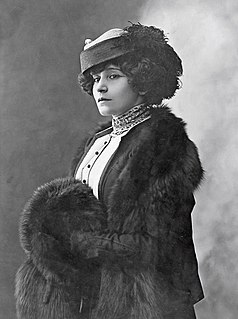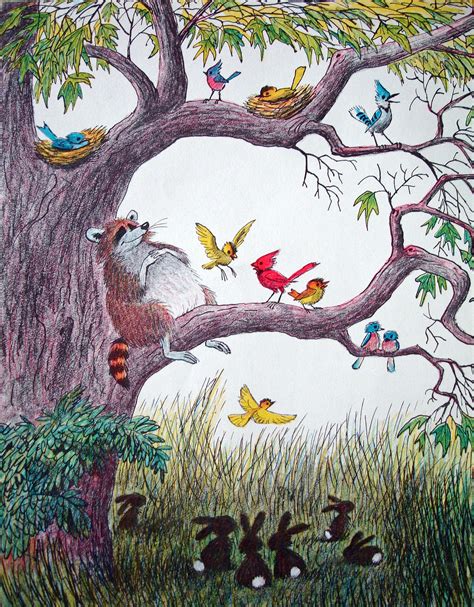A Quote by Jean M. Auel
I think of my books as mainstream and that's were most people who read them look for them in book stores.
Related Quotes
The bookstore was a parking lot for used graveyards. Thousands of graveyards were parked in rows like cars. Most of the books were out of print, and no one wanted to read them any more and the people who had read the books had died or forgotten about them, but through the organic process of music the books had become virgins again.
[D]on't ever apologize to an author for buying something in paperback, or taking it out from a library (that's what they're there for. Use your library). Don't apologize to this author for buying books second hand, or getting them from bookcrossing or borrowing a friend's copy. What's important to me is that people read the books and enjoy them, and that, at some point in there, the book was bought by someone. And that people who like things, tell other people. The most important thing is that people read.
Every generation likes to think that children don't read as much as they used to when they were young! You listen to some adults saying they were going around reading 'Ulysses' when they were seven or eight! I think children are voracious readers if you give them the right books and if you make those books accessible to them.
I always give books. And I always ask for books. I think you should reward people sexually for getting you books. Don't send a thank-you note, repay them with sexual activity. If the book is rare or by your favorite author or one you didn't know about, reward them with the most perverted sex act you can think of. Otherwise, you can just make out.
I am an author-illustrator of children's books - and yet - I must confess I don't do the books for the kids. When I'm working on a book I'm somewhere else - at the circus - or a rustic old farm - or deep in a forest - with no thought of who might read the book or what age group it would appeal to. I write them so I can illustrate them.
In a New York Post interview, Judy Blume, author of young-adult fiction, gave this advice on getting your kids to read: "Moms come up to me at book signings and describe how they're telling their daughters, 'These were my favorite books,'?" she says. "I say, 'Quit it! That's the biggest turnoff!'"You want to get them to read them, leave them around the house and every so often, say, 'You're not ready to read this yet.'






































